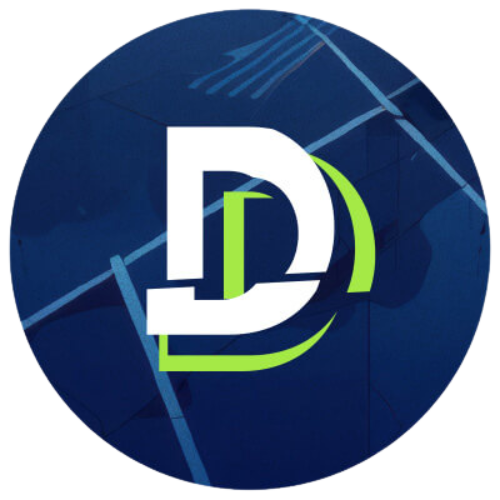LAST WORD // MAYOR DON IVESON, EDMONTON
It’s an honour to be part of Disruption Magazine’s second publication centred around artificial intelligence. As the Mayor of a city often recognized as one of the top artificial intelligence centres in the world, it is exciting to see the energy and commitment to supporting this industry and the transformative power it represents. The articles in this magazine represent a wide spectrum of perspectives on the AI space and are a fraction of some of our evolved thinking on how AI and ML will change everything we do.
Last month I had the pleasure of delivering my State of the City address to over 1500 local business leaders. One of the themes I spoke about was the need for municipalities to take a more active role in the innovation ecosystem – to play a more active role in disruption. Cities across the world have an extensive (and expensive) collection of assets under their watch. We own and maintain a vast number of parks and outdoor areas, we have fleets of vehicles, including trucks, buses and backhoes, we maintain roads and traffic signals, we handle waste collection and waste
management and we operate numerous recreation centres and rinks. All of these assets are an incredible breeding ground for innovation and can be the fuel innovators need to grow their
businesses. Locally, I am leading the City of Edmonton in building out a ‘City as a Lab’ concept that will explore new ways that we can address municipal challenges and create an environment
to test entrepreneurs’ ideas and trigger even more innovation. This is a concept that cities across Canada could adapt to help drive change in their own organization, and in their own communities.
Artificial intelligence and machine learning will no doubt play a role in the kind of transformative change that cities need. Edmonton is aiming to be the first Canadian partner in the
“Startup in Residence” program that launched in San Francisco and is now working in cities all across America. Through this program, we’ll create an opportunity to work with start-ups on
local challenges – whether it’s smarter ways to process permits and payments, perform routine inspections or deliver better services to citizens. The possibilities to seek and implement positive disruption are endless.
The other role that cities can play to enable change more broadly is to help ‘match-make’ innovators with those who are thirsty for innovation, be they governments, non-profits or businesses. As Dr. Jonathan Schaeffer points out in this issue, every business will need AI at some point in their evolution. Cities like Edmonton can actively shape their economic future by leveraging their local tech talent to help make our established companies become as competitive and innovative as they can be. For example, a local homebuilder now describes his company not as a homebuilder, but as a tech company that builds houses. He knows his sector is ripe for disruption and he wants to be the one leading it; instead of waiting for the market to shape him, he’s going to shape the market. That’s the kind of thinking we need more of. Any city – through the agencies and initiatives it funds – can do more to bring together entrepreneurs, service
providers, mentors, investors, talent and business experts in an environment specifically designed to encourage the creation and growth of companies.
Cities are increasingly becoming the place where we solve some of the world’s biggest challenges. Whether it’s tackling climate change, improving health outcomes or driving economic growth, more and more people are looking to cities for answers. And the more the planet becomes an urban place, the more intense this pressure becomes. That’s why it’s imperative that cities rise to these challenges, build partnerships with the innovation community, and help shape the change we want to see.
Audio Version
Female Voice Audio
